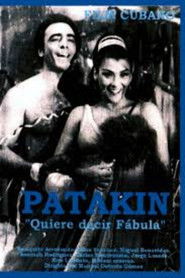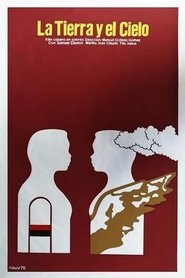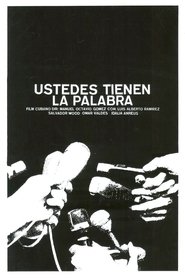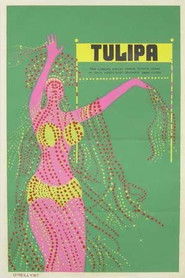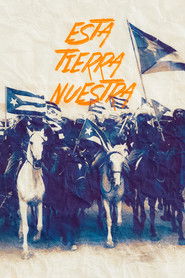Manuel Octavio Gómez was a Cuban film director and screenwriter, recognized for his contributions to Cuban cinema during the post-revolutionary period. He began his career in the 1960s, directing documentaries and short films that reflected the social and political changes in Cuba. Gómez's notable works include La primera carga al machete (1969), a film depicting the Cuban War of Independence, and Los días del agua (1971), which explores themes of faith and superstition. His films are characterized by their innovative narrative techniques and commitment to social realism, making significant contributions to Latin American cinema.

